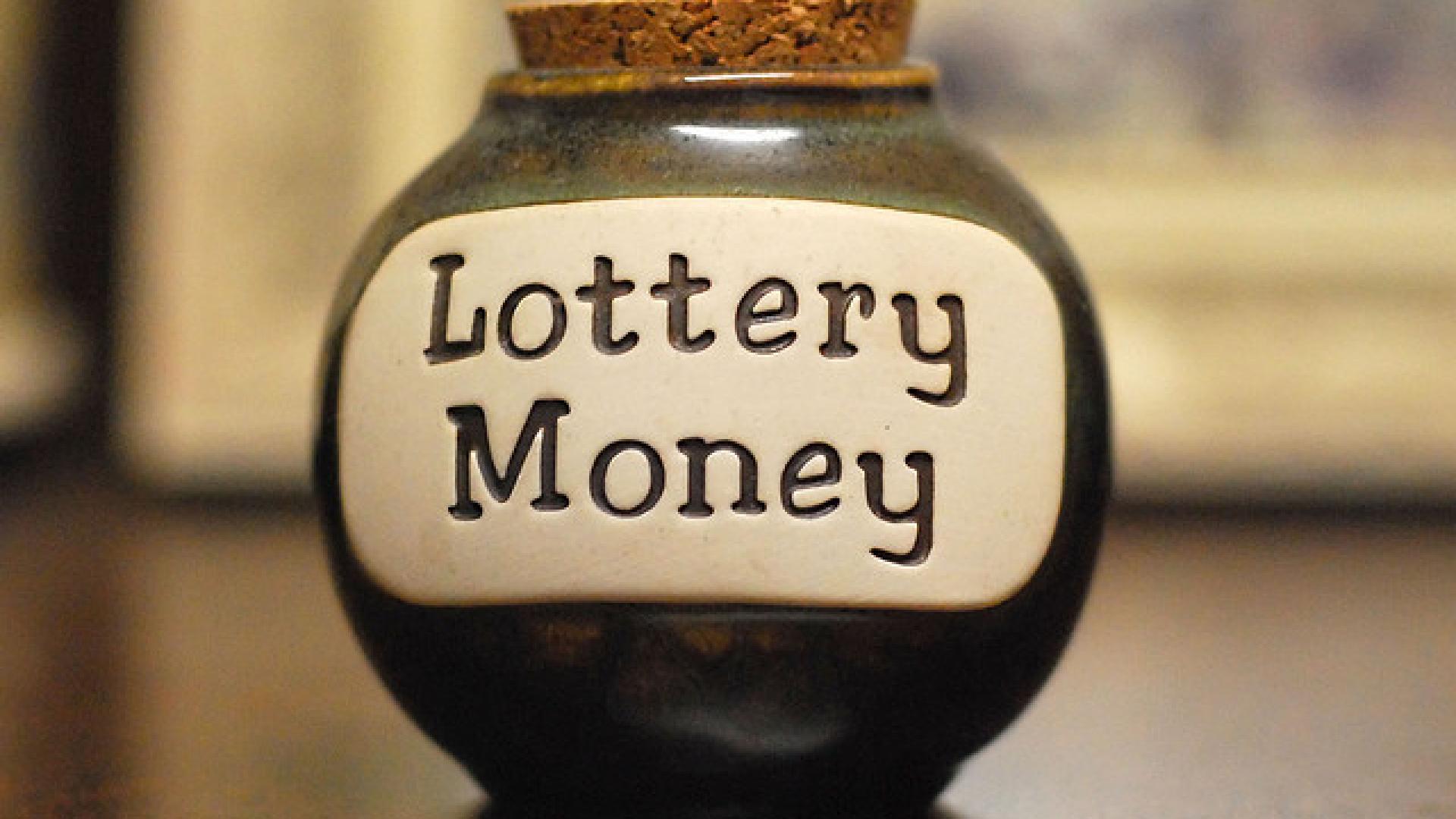The much anticipated Culture, Media and Sport Select Committee report on the Gambling Act 2005 came off the press recently to a decidedly mixed reaction. Much of furore centres on the original Act restricting society lotteries to a maximum £400,000 per pot and £4,000,000 turnover per lottery per year. The main reason for these limits is to give protection to the National Lottery. The report recommends possibly increasing or even removing these limits, but with a fairly significant caveat.
We recently presented on how charity lotteries would benefit from deregulation and our research showed nearly two thirds of people are opposed to laws and regulations stopping lotteries raising as much as the National Lottery. Other fundraising channels remain un-shackled and thrive without it. Despite the promising recommendation of removing one aspect of the stifling regulation, the new report seems to be an opportunity missed.
The group of MPs behind the report recommended that society lotteries be allowed to increase their prizes and ultimately turnover, but only if it can be proven that there is no adverse effect on the National Lottery. Crucially, they also advocate that if the limits are removed, society lotteries should be charged the same 12% lottery duty currently paid by the National Lottery.
The Law exists as it is to protect the National Lottery. But is it realistic to worry about a case of “Et Tu, Lottery?”, where society lotteries become so powerful they morph into Brutus and his cohorts and kill off the National Lottery’s Caesar? The National Lottery announced record breaking ticket sales of £5.7b in 2011 and can lay claim to 70% of adults as regular players. It was able to donate £2.2b to the Olympic Games alone. This is surely one battle where David cannot defeat Goliath, especially given he is not consciously trying to fight him.
Donations is something Camelot prides itself on and quite rightly, given their operating costs are just 4% and their aim of 50% of sales to go to good causes in the next decade. This is not a competition for money for anything other than the purest of motivations; donations to good causes. Furthermore, it is unintentional competition at that.
So it seems paradoxical when people say we must protect the National Lottery to help it raise money for good causes when one of the ways is to stop charities raising money for their own good causes. Do we really think that people will abandon 18 years of playing the National Lottery to solely play other charity lotteries? They have none of the television coverage and so few resources that saying they are any threat to the National Lottery is fanciful, bordering on ludicrous. And even if someone does switch, money will still find its way to charities. But the likelihood is people will do both, perhaps chasing the dream win on the National Lottery, whilst also being able to divert a pound or two a week towards a more personal cause.
Removing the limits then adding 12% duty is essentially giving with one hand, only to take away much more with the other. Given that no other form of fundraising is charged duty, it would be the ultimate travesty to see 12% diverted from good causes when their lotteries are so small in scale. Without mass defection from the National Lottery to charity lotteries, charging the 12% to smaller ones runs the risk of reducing the overall sum of money going to good causes. Ultimately, a deregulated lottery sector would surely provide a greater income for charities, without coming close to toppling the single industry giant that is the National Lottery.
The idea that we must protect the billion-pound National Lottery from smaller ones is like saying we had better make sure the US military is not being threatened by Iceland’s military. They both need one to survive, but they don't have to fight each other. Charities rely on lotteries, but they do not have to compete, especially when over 35 million National Lottery regulars show it is no competition at all.
Rob White

